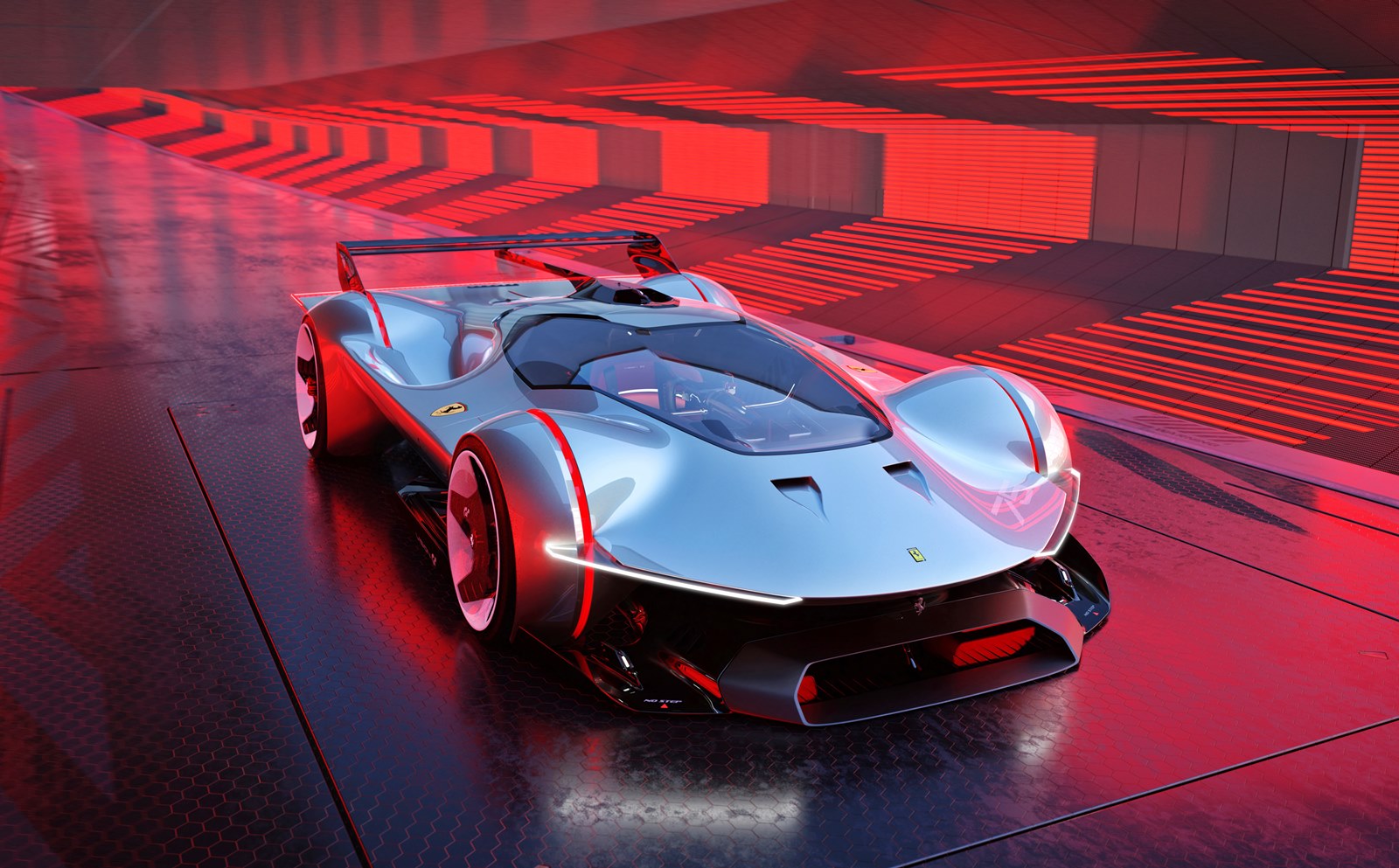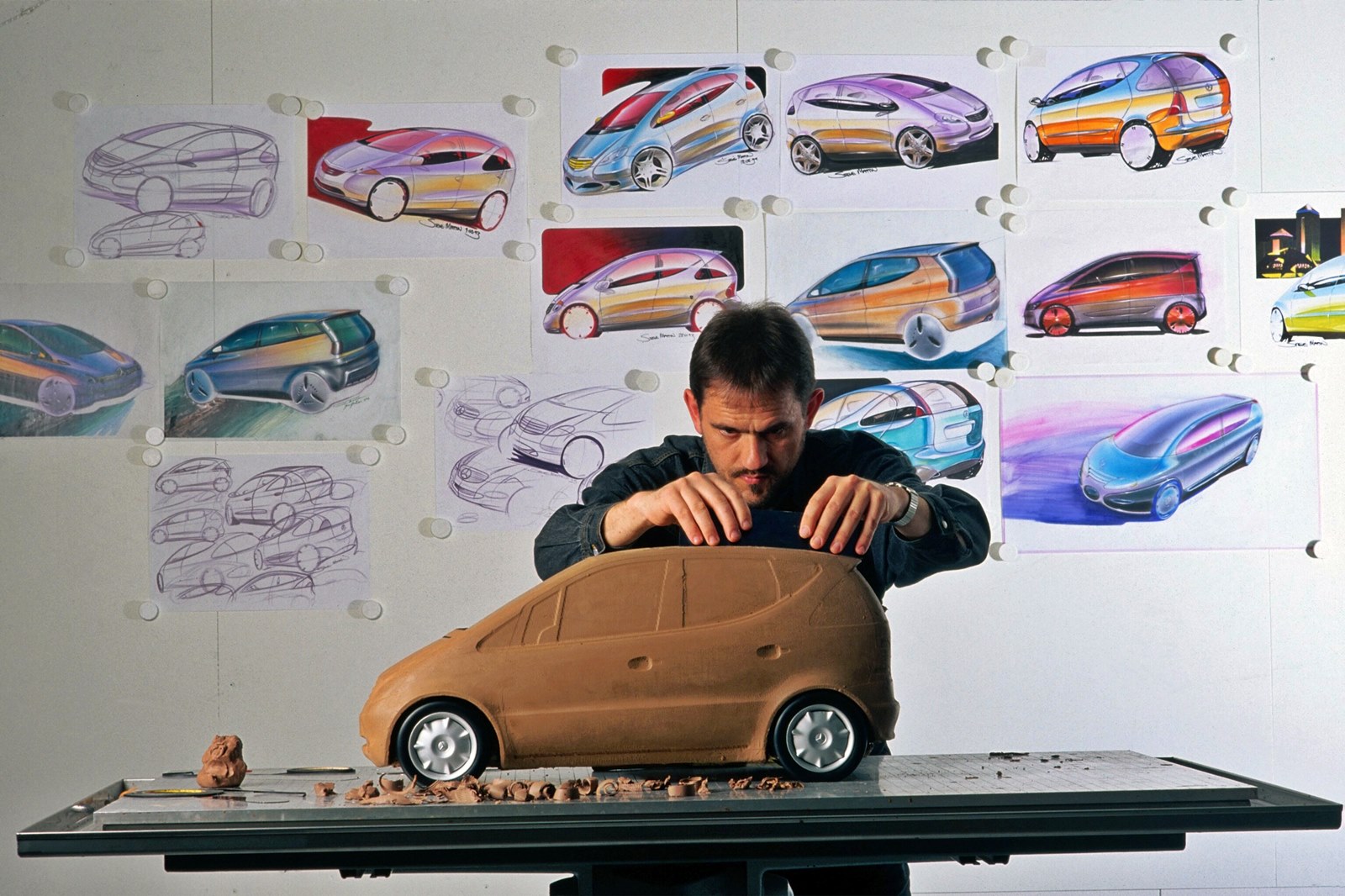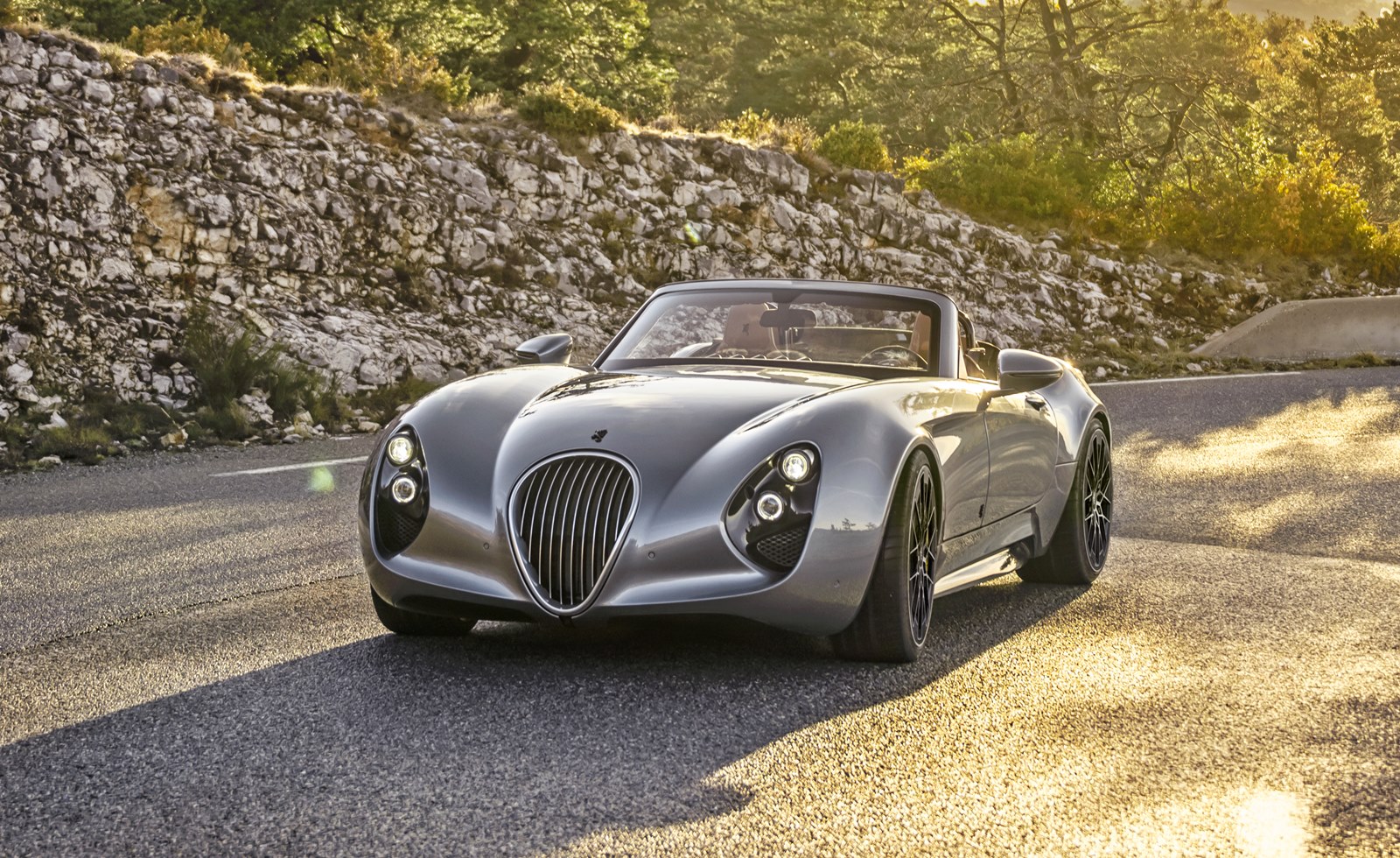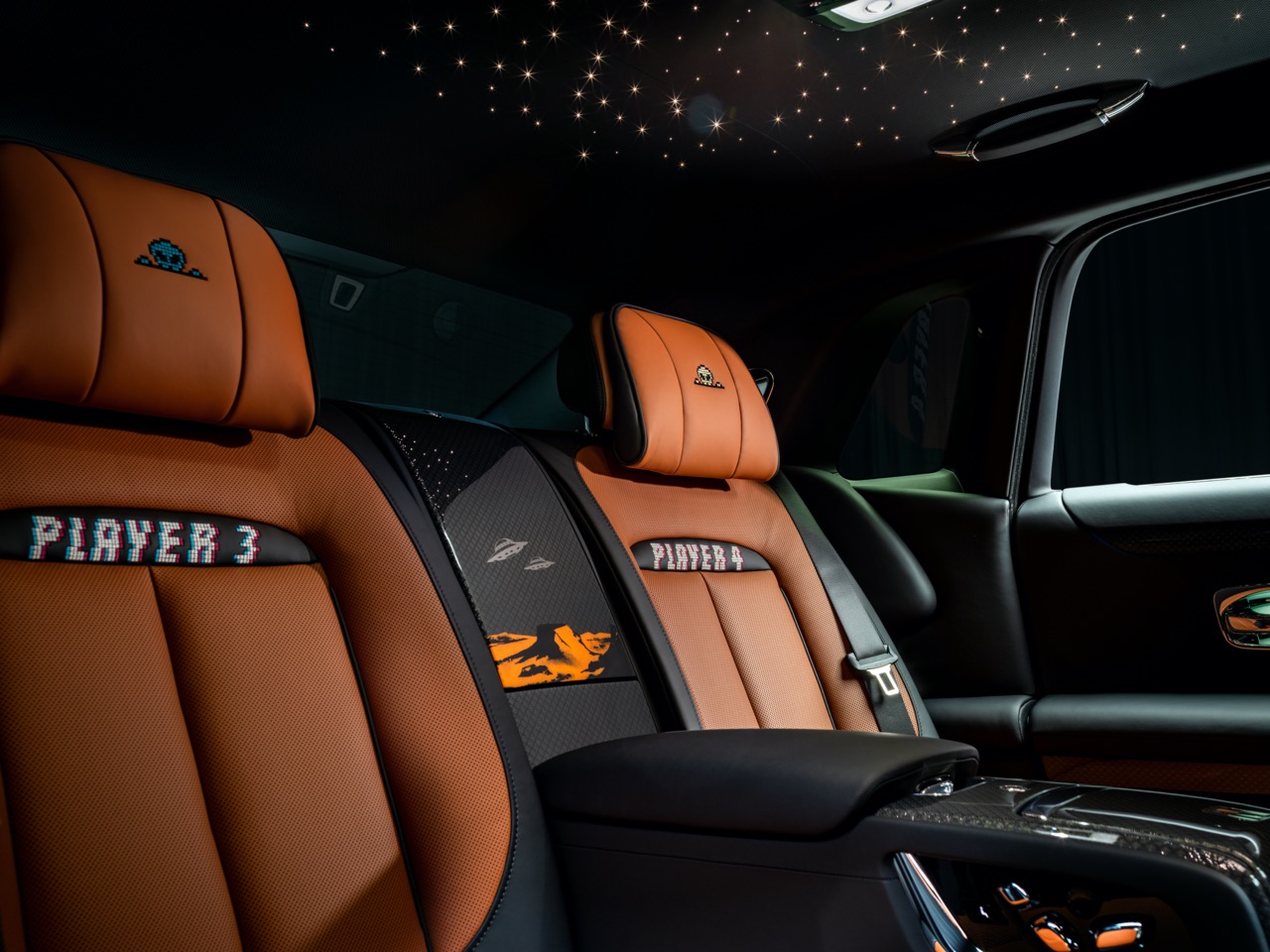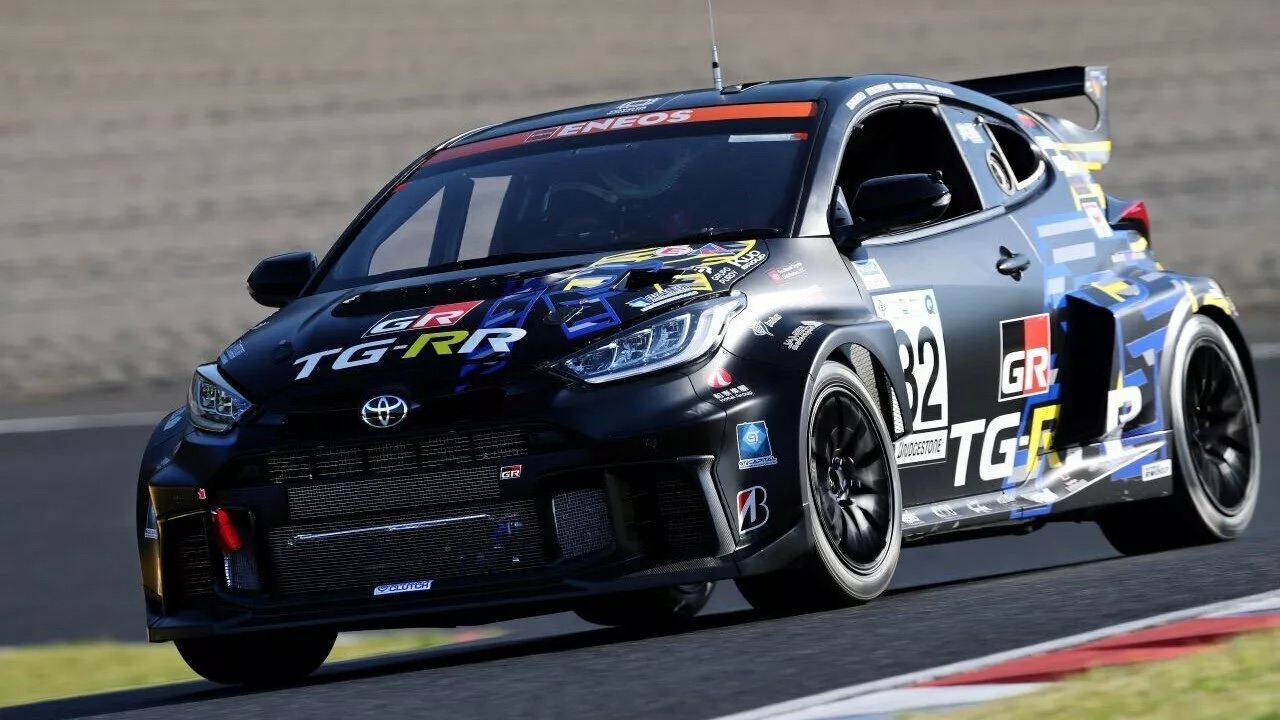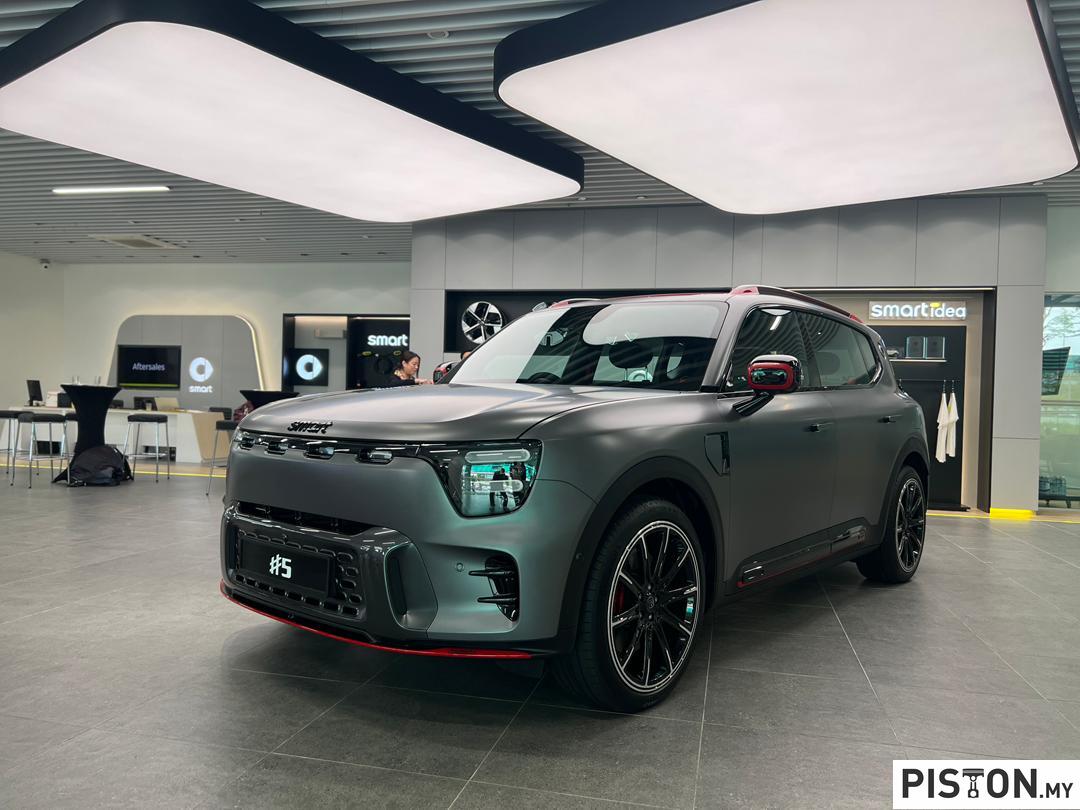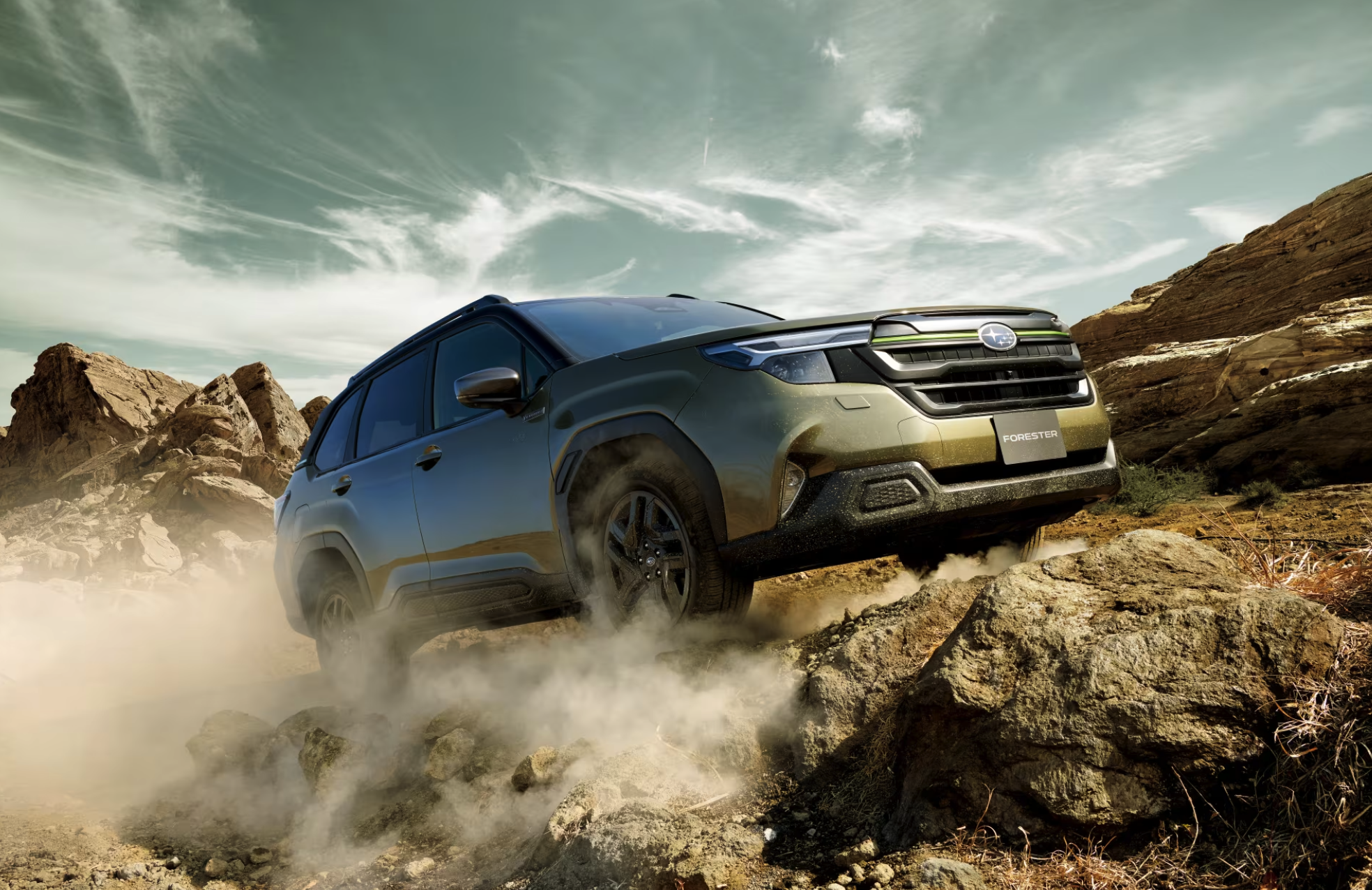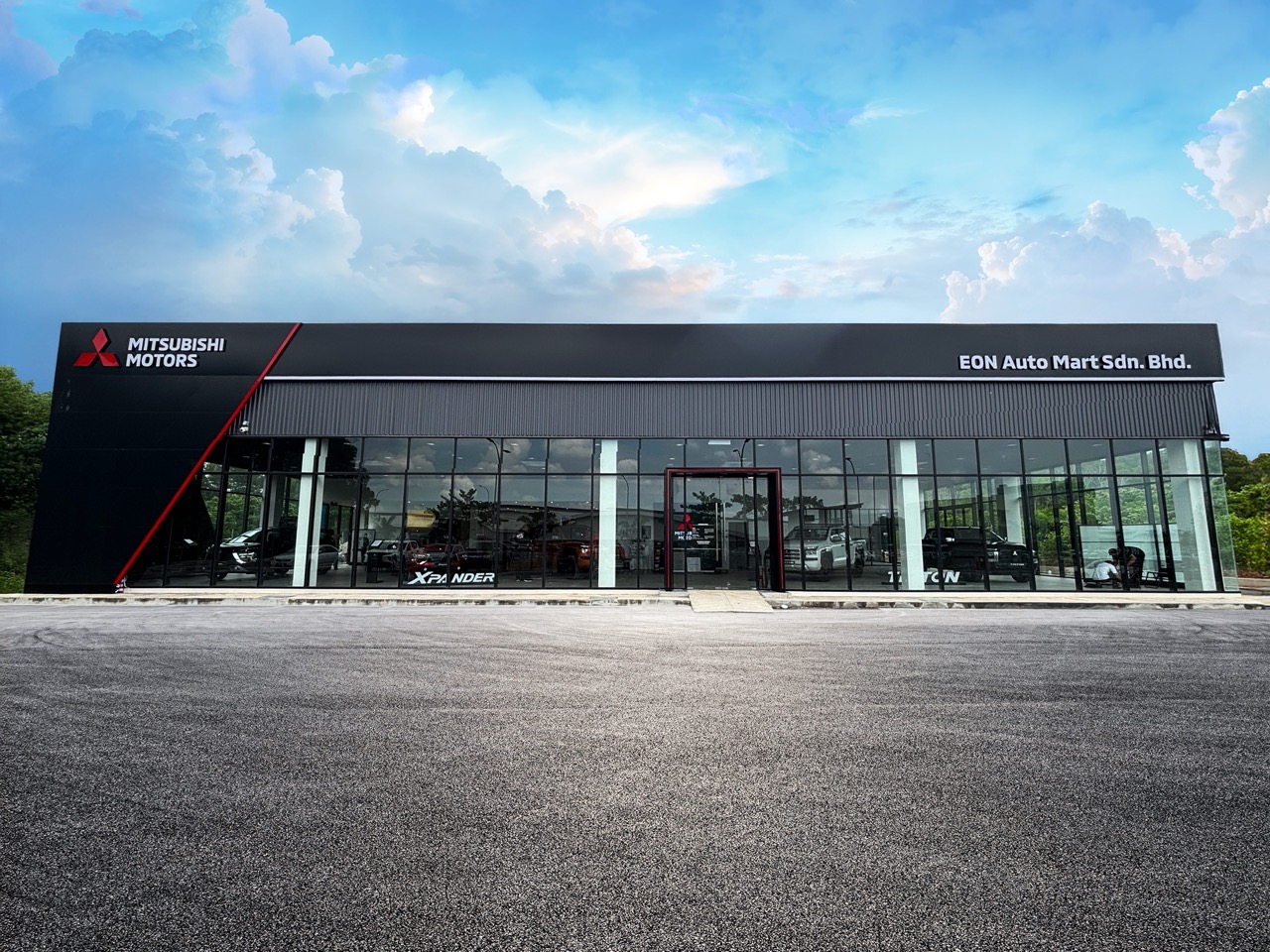After not being run for 3 years due to the COVID-19 pandemic, the Asia Cross Country Rally (AXCR) 2022 returned this month. The tough event held in the northeastern part of Thailand and in Cambodia saw Team Mitsubishi Ralliart taking overall first place after 6 days of competition over 1,200 kms.
The event saw the participation of a total of 56 machines – 21 in the motorcycle category, 2 in the sidecar category, 32 in the car category, and 1 in the truck. Legs 1 to 3 were run over courses in the area around Buriram, while Leg 4 brought the participant to the border between Thailand and Cambodian. For Leg 5, the participants crossed into Cambodia to race to finish line near the World Heritage site of Angkor Wat.
(more…)


